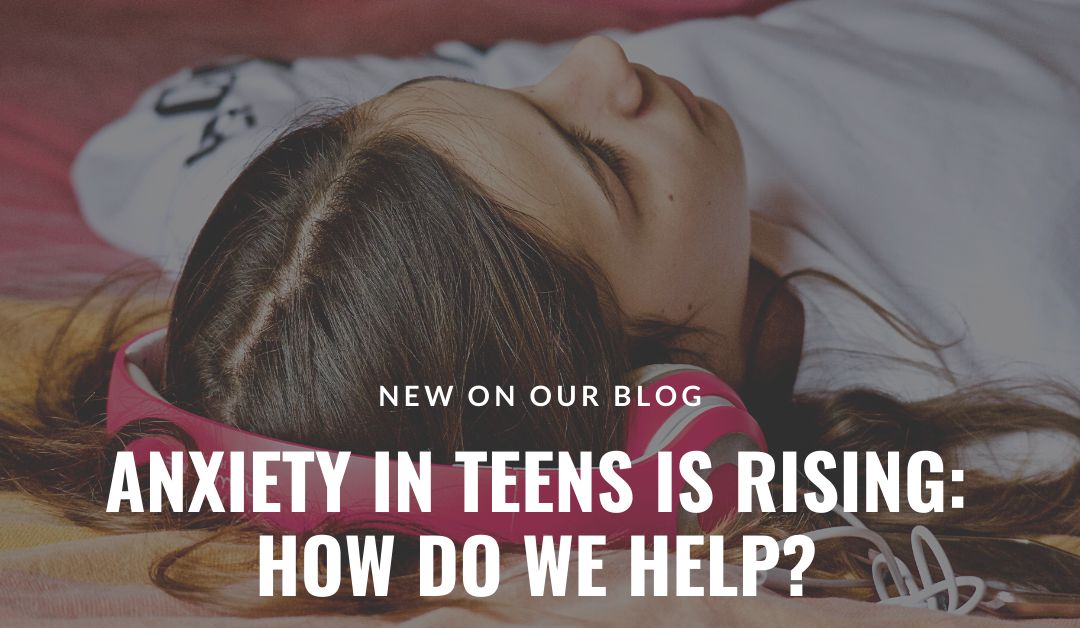The COVID-19 pandemic has led to sudden changes in the social lives and daily routines of teens. With social distancing being enforced and important school events such as prom and graduations being canceled, it’s natural for teens to feel devastated, anxious and disconnected. Nearly one in three teens between ages 13 and 18 will experience an anxiety disorder according to the National Institute of Mental Health. Now more than ever, it’s crucial we encourage our teens to prioritize their mental wellness. Below, we break down steps you can take to help your children maintain positive mental health.
Know the signs of anxiety.
It’s common for teens to feel as if they can’t effectively communicate what they’re experiencing, so these emotions manifest themselves into habits that could show anxiety. For instance, some adolescents feel the need to worry endlessly about routine parts of his or her day. Others also show changes in behavior such as increased irritability. Some may develop negative behaviors such as insomnia, school avoidance or substance abuse. Work with your child to establish healthy coping skills that will ease the stress of the daily struggles he or she faces.
Be mindful of the pressures put on your teens.
Setting realistic expectations is a great way to help your teenagers reach their highest potential, but setting them beyond what can be handled in a healthy manner can be detrimental to their mental wellness. Praise your teen, regardless of the size of the accomplishment. And if the outcome is not what was hoped, make sure you still commend the effort. Remember that, just like adults, teenagers need time to relax, recharge and socialize with others.
Openly communicate.
It’s imperative to create an environment where children feel comfortable sharing their emotions. Being open to discussing mental health issues with teenagers not only diminishes societal stigma, but it also allows parents to prove themselves as an ally and a confidant.
Anxiety is treatable with proper help. If you’re looking for additional ways to help your teenagers manage their mental health, our team at South Bay is here to support you. If you need someone to talk to, our Child Behavioral Health Initiative Services clinicians might be great resources. South Bay strives to provide the proper programs, certified staff members and clinicians for the perfect combination of professional therapy and guidance. For more information, contact us at 508-521-2200 or click here.

